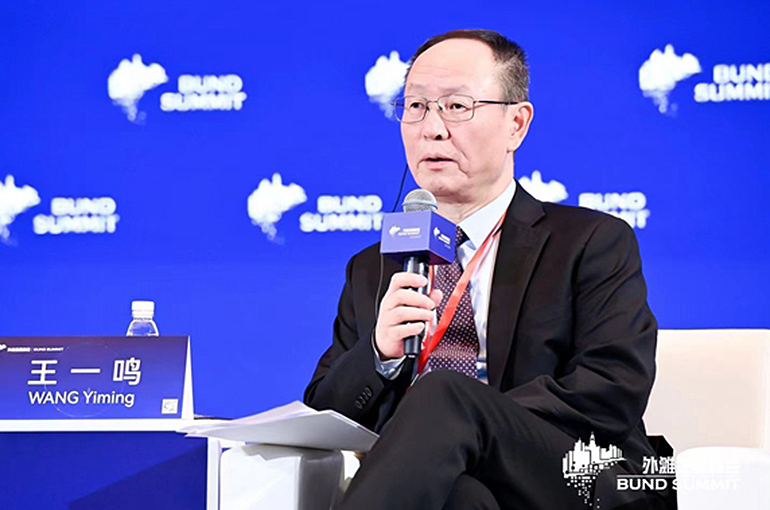 US Fed’s Rate Hikes Are Not Yet Over, Fallout to Continue, PBOC Official Says
US Fed’s Rate Hikes Are Not Yet Over, Fallout to Continue, PBOC Official Says(Yicai) Sept. 22 -- The latest round of interest rate hikes by the US Federal Reserve is not finished yet, and the spillover effect, such as capital continuing to flow back to the US, is putting a lot of pressure on emerging economies and is not likely to end soon, an official at the country's central bank said at an ongoing forum in Shanghai.
The Fed has been implementing a monetary policy of unlimited quantitative easing since the end of the pandemic that has not been seen in a century, Wang Yiming, a member of the Monetary Policy Committee of the People’s Bank of China, said at the fifth Bund Summit today. This has injected a huge amount of liquidity into the economy, which has had a big impact on global financial markets.
Financial market conditions are now more loose than before the pandemic, and this prevents interest rate hikes from effectively suppressing inflation, said Wang, who is also vice chairman of the China Center for International Economic Exchanges.
Other economies have followed the US in raising interest rates, but their financial markets are tighter, Wang said. And this asymmetry means that the fallout from the Fed’s rate hikes will continue.
“Hiking rates like this has a wide influence in a number of respects,” Wang said. First of all, the outflow of capital from emerging markets to the US and developed countries puts their economies under huge pressure, causing their currencies to depreciate. This has delivered a big shock to the financial markets of countries with relatively weak fundamentals.
Second, to counter the outflow of capital and to cope with rising inflation, emerging markets are also hiking their interest rates, but by doing so it only intensifies economic pressure in these countries, when their economy has not yet fully recovered from the fallout from Covid-19.
Third, the strengthening greenback has increased the size of debts in emerging markets and a rapid rise in the costs of these debts. This has resulted in, or is incubating, debt crises in emerging markets that are structurally fragile.
Fourth, the Fed’s aggressive rate hikes have changed investor sentiment and market expectations, putting huge pressure on the stock and bond markets in developing countries.
Lastly, the Fed’s adjustments have caused developed economies to adjust their monetary policies in a similar manner. This has resulted in the universal suppression in demand, which has both a direct and indirect negative impact on exports from emerging markets.
Editor: Kim Taylor